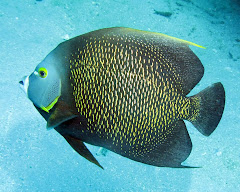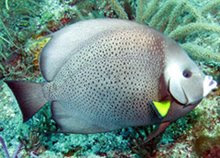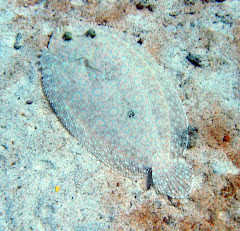Snowman and the Crakers...plus maybe 3 more people. What will he choose to do? At the end of the novel, is Snowman a phoenix rising from the ashes and is there a hope for rebirth? Can he "Imagine"?
Margaret Atwood was in the process of writing
Oryx and Crake, had mapped out the novel and reached the end of Part 7 by September 11, 2001. She recalls, "It's deeply unsettling when you're writing about a fictional catastrophe and then a real one happens."
She
classifies
Oryx and Crake as "speculative fiction" rather than "science fiction," since it "invents nothing we haven't already invented or started to invent....It's not a question of our inventions - all human inventions are merely tools --but of what might be done with them; for no matter how high the tech, homo sapiens sapiens remains at heart what he's been for tens of thousands of years - the same emotions, the same preoccupations."
Ultimately, "We are betrayed by what is false within."
The novel ends with Chapter 15. Post in your response what you think Snowman will do and what will happen in the next chapters.






